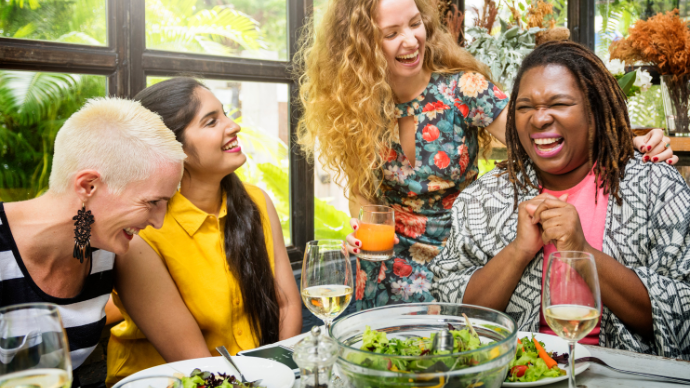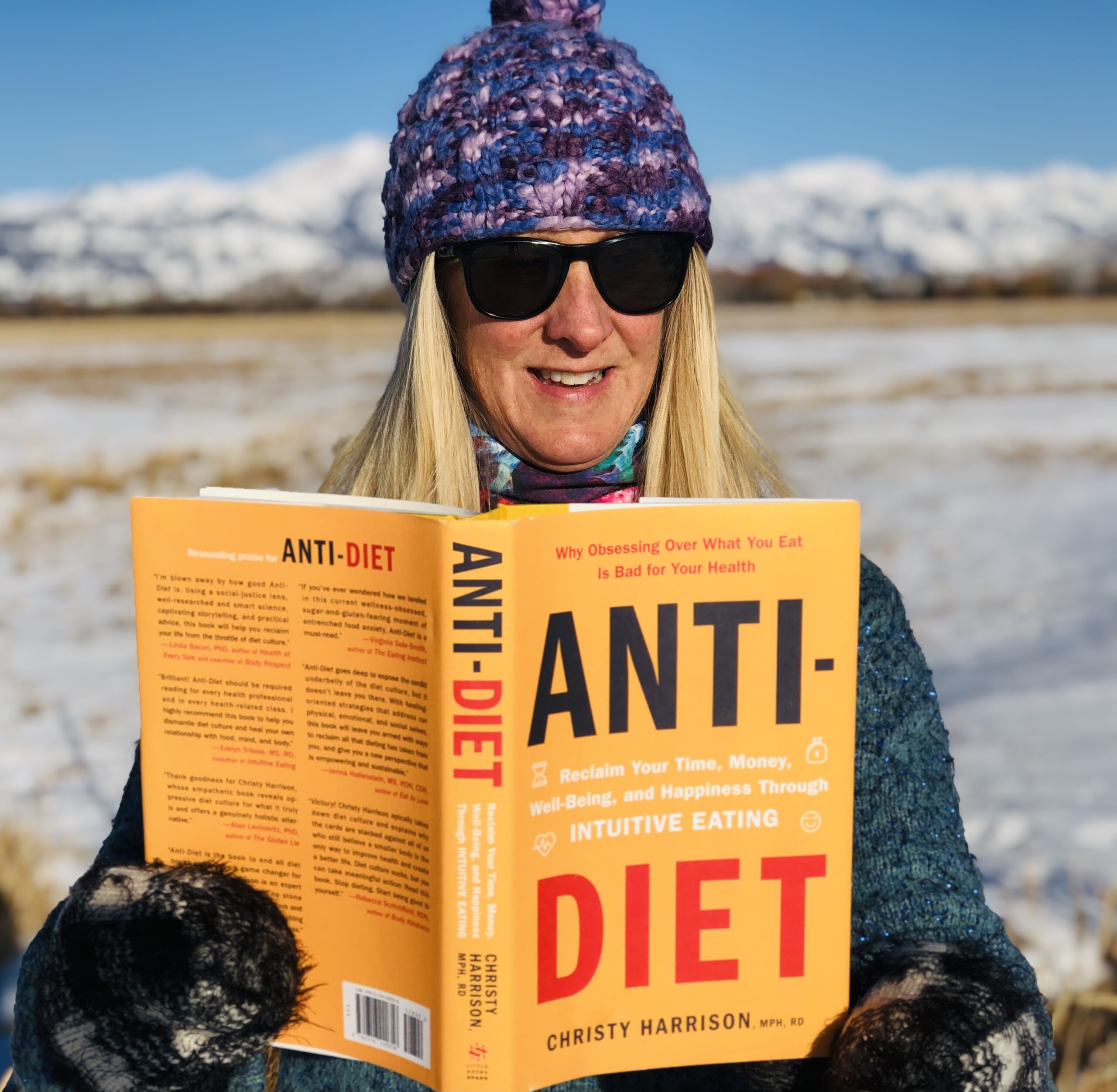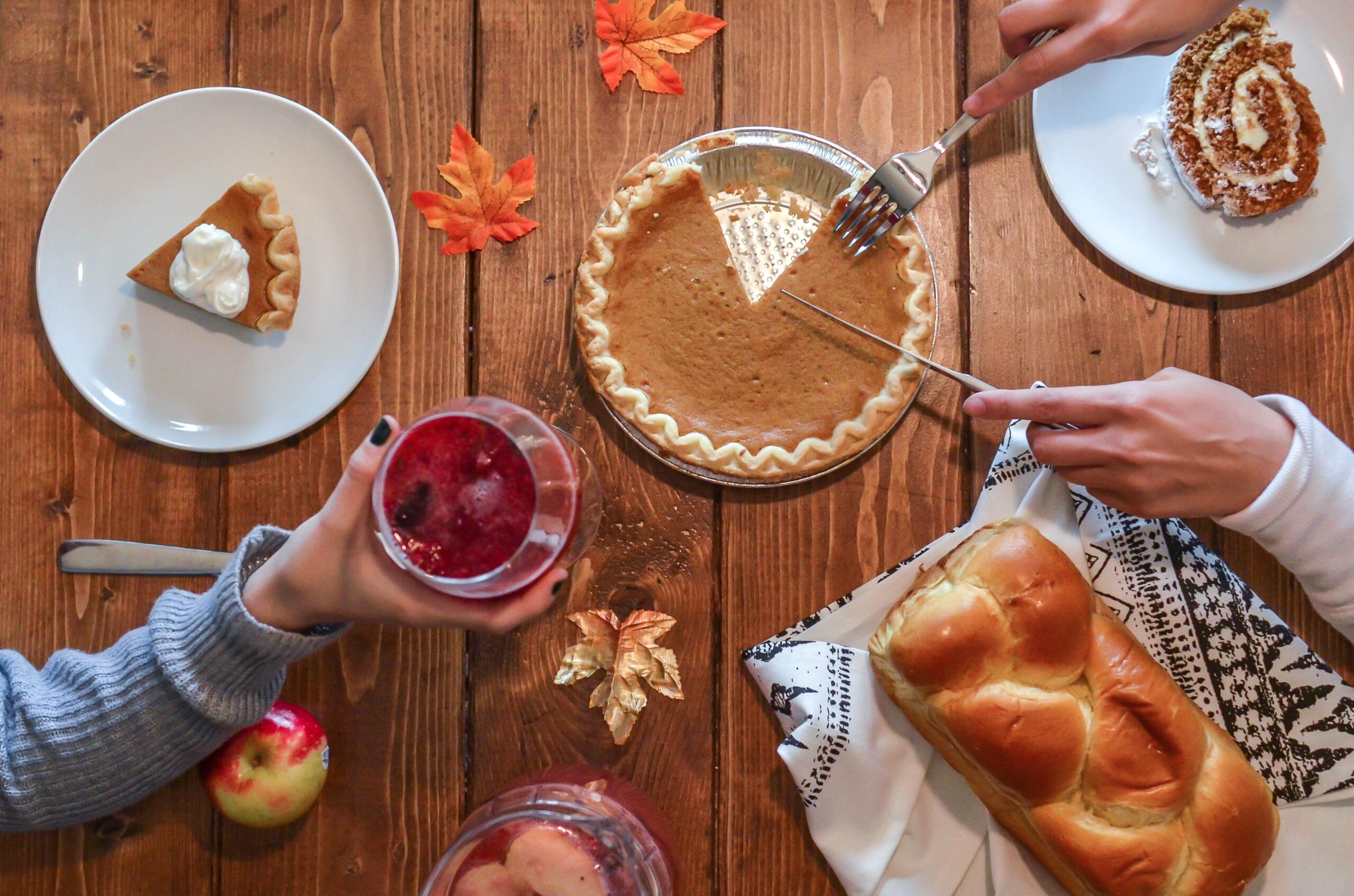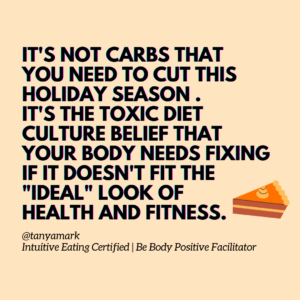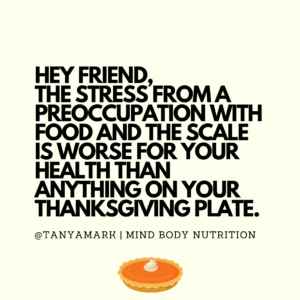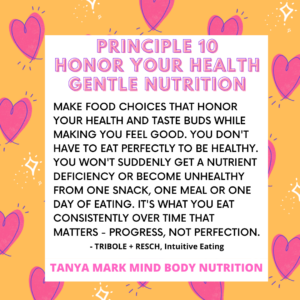There’s no “right” way to have a human body.
Yet “we’ve reached a point in history where nearly every person is in some way affected by society’s heightened focus on beauty, health and weight,” says co-founder of The Body Positive, Connie Sobczak.
The “emphasis on how we look and what we weigh has influenced the way most people perceive and care for their bodies.”
Girls as young as 3 years old report body dissatisfaction, thin-ideal internalization and self-objectification. Teens worry about the natural body weight increases during puberty while parents struggle to feed them in a “healthy” way.
Body image experts and authors of More Than a Body, Lindsay Kite and Lexie Kite gave up competitive swimming, a beloved piece of their childhood identity when they observed their bodies didn’t fit a swimmer’s body “ideal.”
Consider how many women prior to their weddings stress over every morsel of food and exercise obsessively to fit into a dress size smaller than their actual body. Or maybe you’re attending a 25-year high school reunion and you’re worried about how others will judge you. And how about the pressure that post-partum women feel to get their pre-baby body back or men being mocked for having “dad bods.”
A changing body is only a problem if we believe that our bodies aren’t supposed to change.
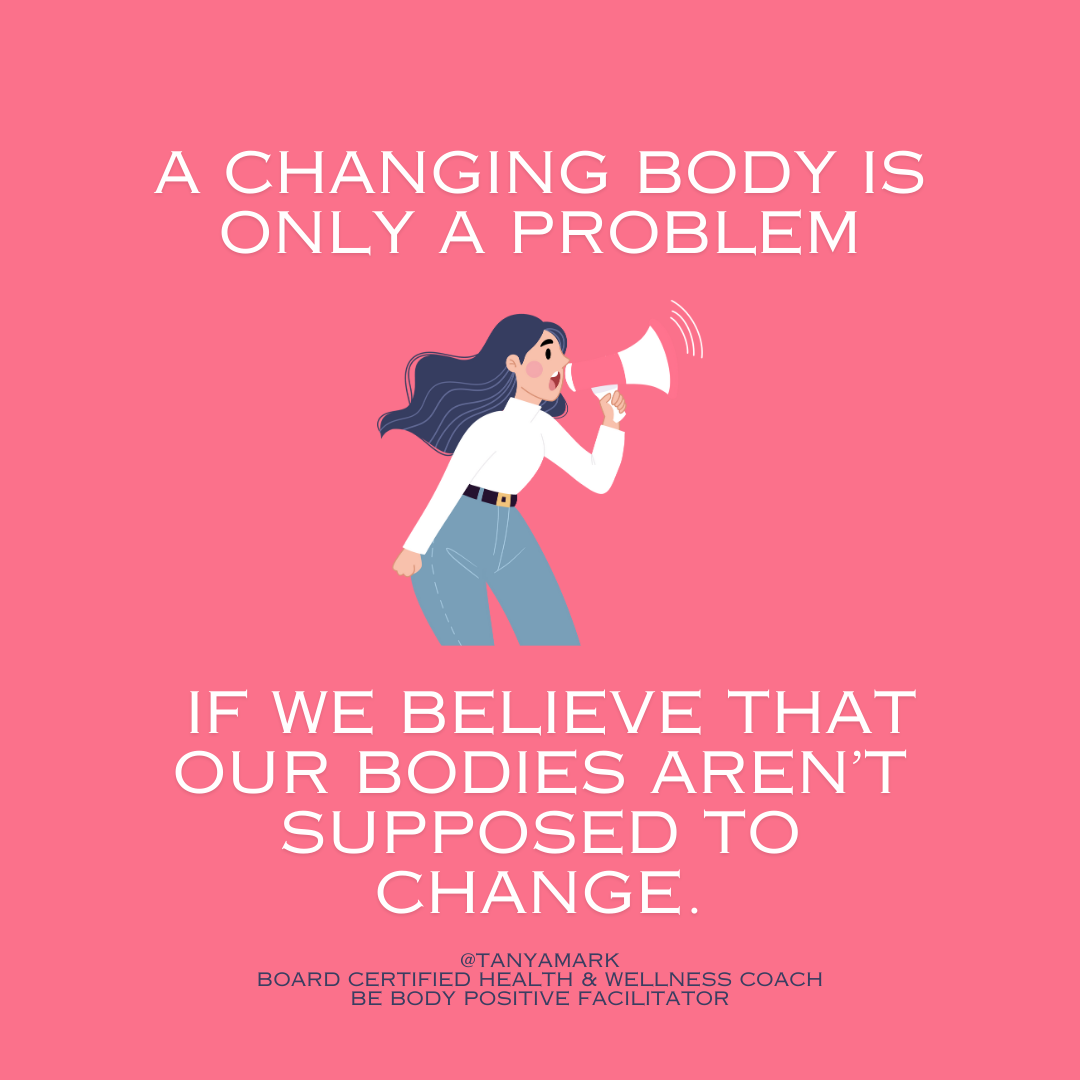
Many of us believe that self-care means engaging in the latest food plan or exercise craze. Yet what’s perceived as normal “health” behaviors, may be disordered and lead to dangerous eating disorders that affect people of all sizes, ages and genders. Women “diet” or “eat clean” while men “bio-hack,” diet culture’s masculine equivalent.
In the New York Time’s opinion piece, “Welcome to the bro-y world of extreme dieting. Or is it disordered eating?” author Thomas Stackpole describes how he ate almost nothing but lean ground turkey and broccoli over greens for two months as part of a YouTube bodybuilder’s plan and cycled through wellness trends like ingesting metabolism-boosting mushrooms.
And midlife women, be aware. Diet culture is taking advantage of the “lucrative menopause market” targeting perimenopausal and menopausal women for any and all signs of aging such as weight gain and body fat redistribution. Of course, “diets” are the solution.
The belief that there’s a “right” way to have a body may burden us for a lifetime. Grandma refuses a homemade brownie from her granddaughter choosing a pleasureless low-fat, sugar-free, 100-calorie Weight Watchers bar instead.
Those human experiences not only break my heart, but they’re also not making us mentally nor physically healthier.
We must come together, in community, as teachers, coaches, peers, parents, and healthcare professionals to change the conversation around bodies, weight, health and self-worth.
We weren’t born hating our bodies. It’s learned. Those three-year-old girls observed their mother’s body dissatisfaction. And if you’re a parent struggling to feed your kids “healthfully,” author, Virginia Sole-Smith shares advice in her book, “Fat Talk: Parenting in the Age of Diet Culture.”
“We’re programming kids to grow up and turn to diets. They need to learn how to trust themselves, intuitively” shared Sole-Smith on Dan Harris’s Ten Percent Happier podcast episode “How to Stop Obsessing Over Your Body and Eat Sanely in a Toxic Culture.”
One way to start untangling from diet culture says Sole-Smith is to explore Intuitive Eating, a self-care eating framework developed by dietitians Evelyn Tribole and Elyse Resch. We’re recognizing the critical need to redevelop eating as a skill. We were born knowing how to eat, but over time, we lose it, living in our “there’s a right way to have a body” culture.
Dan Harris fell prey to the male version of diet culture like Stackpole. He entered calories and macros into MyFitnessPal, wore the ring to track his sleep and ate no carbs or sugars. But he “dropped all that other stuff” after a life-changing interview with Tribole about Intuitive Eating.
“Why are you torturing yourself trying to get a body you had in your thirties or for some aesthetic ideal? There’s no correlation between the ideal body and actual underlying health and why are you giving these messages to your son about some foods being sinful like carbs and sugar,” says Tribole.
“And I was like, yeah. Yes. I was a hard core, idiot” says Harris.
Yet, initially, Harris was skeptical about Tribole’s non-diet approach to nutrition and health. Harris describes himself as judgmental and dismissive, something he says as a mindfulness practitioner, he’s working on. If this perspective on nutrition seems radical, I recommend listening to “The Anti-Diet” episode.
More than four years later, Harris admits he’s still a work in progress. Freeing ourselves from culture’s harmful messages about food and our bodies takes time and commitment. It takes far more than reading the Intuitive Eating book and briefly exploring the exercises. It requires examining deeply ingrained beliefs with critical thinking.
I suggest reading “Anti-Diet” by Registered Dietitian, Christy Harrison. Harrison unpacks the history of the BMI (body mass index) and diet culture, which she calls “the life thief,” and explains why obsessing over what you eat is bad for your health.
And if you’ve ever been told “You Just Need To Lose Weight,” consider reading Aubrey Gordon’s book with this same title. Gordon tackles, with in-depth research, 19 ingrained myths about weight. Or for something lighter (and funnier), listen to her podcast, Maintenance Phase, where she and co-host Michael Hobbes debunk the junk science behind health and wellness fads.
Liberate yourself from the false and disempowering belief that there’s a right way to have a body.
Explore your relationship with food and your body and take a gentle approach to nutrition.
Shift from striving to achieve an aesthetic or “normal” BMI to moving your body because it feels good, supports your mental and metabolic health and your functionality.
Value your sleep, social connections, and mental fitness skills as equally important.
Explore who you are, what you want, your values and priorities, and what makes life meaningful to you.
Be a part of an empowered generation that speaks kind and loving things about your body in front of your three-year-old and that one day, happily accepts the homemade brownie from your grandchild.
For however long we’re on this planet, our bodies are where we live. Feeling connected to and at peace with them is crucial to your health, happiness, and wellbeing.
(This article was originally published in Hole Health, a special section of the Jackson Hole News and Guide, February 21, 2024).


